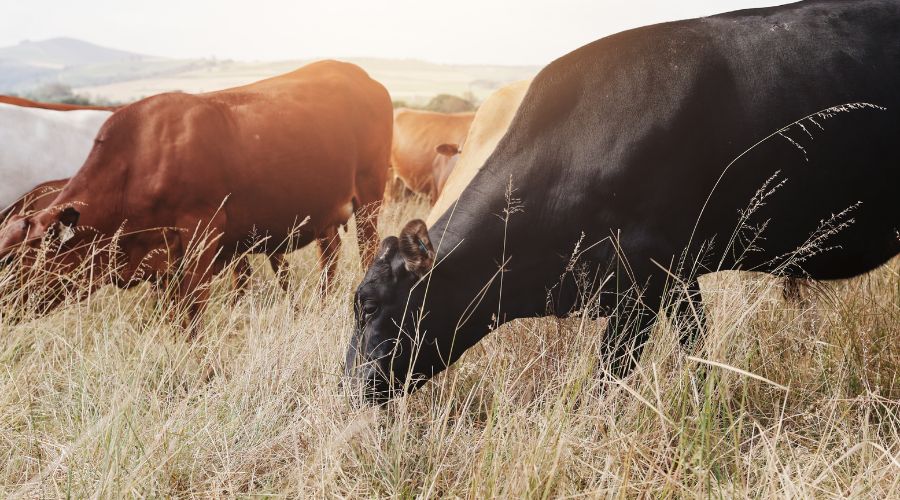Farmers encouraged to use TB Advisory Service before funding ends
26th March 2025
English livestock farmers have been encouraged to sign up for free vet visits through the TB Advisory Service (TBAS) before the service’s funding ends.

The service, which is being delivered by Farmcare Solutions Limited – a joint venture between VetPartners, Obligace Limited, Independent Vetcare Limited (IVC) and UK Farmcare Limited – offers livestock farmers with bovine tuberculosis (bTB) susceptible species free vet visits to receive biosecurity advice to protect their animals from the disease.
Kate Butler, from Kingshay, part of the VetPartners group of veterinary practices and animal healthcare businesses, is also project manager for TBAS.
She revealed that 500 pairs of visits remain in the current round of funding, which is only guaranteed until September this year.
Ms Butler added: “In addition to offering two free vet visits to farmers, TBAS also offers a free advisory telephone line service which farmers can access for advice on TB biosecurity, as well as a form on our website which farmers can complete to request a callback.
“The aim of the visits and helpline is to reduce, and ultimately eliminate, risks and reduce the length of, or the chance of, a TB breakdown.”
Ms Butler explained that TBAS has trained more than 400 vets across England to deliver these funded on-farm visits, with cover available in all 48 counties in England.
READ MORE: #BattleBluetongue campaign launches encouraging farmers to vaccinate their livestock
READ MORE: Welsh Government approves Bluetongue vaccines licence for voluntary use
Key risk areas
Sarah Tomlinson, a Kingshay veterinary consultant and TBAS technical director, believes that the visits provide an invaluable opportunity to create a bespoke on-farm biosecurity plan to help in the fight against TB.
Explaining how the on-farm visits work, Ms Tomlinson said: “During the initial visit, the vet and farmer will identify where the farm’s risks for TB exist and, more importantly, what can be done about them.
“The farmer and vet then agree on four recommended measures to be completed in the next three to six months, before a follow-up visit takes place to discuss progress and what was involved in completing the measures.”
Ms Tomlinson added that the key risk areas discussed during the visits include the TB history of the herd, the risk from incoming stock, the risk while out at grazing, geographical risk, the farmyard risk through visitors to the farm, and the risk posed by TB to the business as a whole.
She continued: “A lot of people focus on the risk from badgers; however, the risk of cow-to-cow transmission cannot be overlooked. During these visits your adviser can discuss how to identify high-risk cows, how best to manage them, and reduce the risk of transmission within the herd.”
Both Ms Butler and Ms Tomlinson are encouraging farmers to engage with TBAS and take advantage of the funding for farm visits while it is still available.
Ms Tomlinson said: “If you’ve really suffered with TB for quite a few years, don’t dismiss TBAS because this offers a different way of looking at the disease.
“Even if you’ve never had a TB breakdown, use the service to reduce the chance of a breakdown but also to develop a contingency plan for what you’d do if you did get it.”
More information about TBAS can be found online at tbas.org.uk or by emailing info@tbas.org.uk and the telephone helpline can be contacted on 01306 779410.
Read more livestock news.

